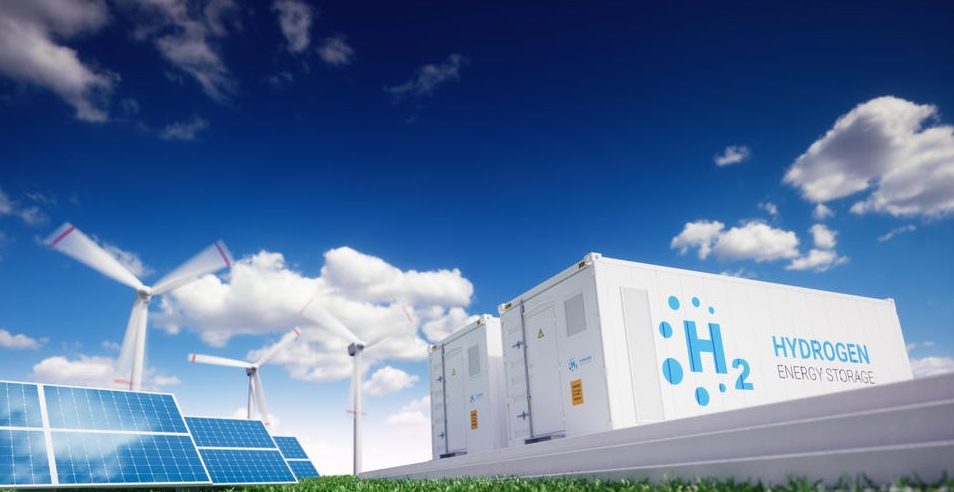According to the World Economic Forum ́s most recent Global Competitiveness Report, Germany is the global leader in innovation. On the other hand, Africa, in general, holds the potential to become the world ́s first green continent by leapfrogging with the help of implementation of clean technologies. Both share mutual global challenges of today and are able to offer valuable conditions to each other: one can say that Africa is a potential exporter of electricity over and above its personal needs. This power could be generated from renewable energy sources due to its geographic forces of nature, whilst this potential could be unfolded with the help of efficient and innovative German technologies. Beyond the economic benefits of such cooperation, positive effects of mitigating climate issues would not be neglected either.
Africa is an emerging continent of megatrends: rapid paces in population and economic growth as well as urbanization triggered business consultancies such as McKinsey to entitle the continent ́s current and future state as “Africa ́s Business Revolution” and to point to “[the] trillion-dollar opportunity to industrialize Africa, both to meet rising domestic demand and to create a bridge-head in global export markets” (Leke et al. 2018).
African energy scenarios
In the decades to come, Africans will be living predominantly in cities and consuming more units in electricity than ever before. One cannot deny that there are still certain risks and barriers to overcome, but these challenges offer immense opportunities for collaboration between the African countries and external partners such as the German private sector.
There are a couple of future energy scenarios in Africa with high potentials and opportunities for monetary investments as well as engagements in regard to infrastructural and technological cooperation. The European Union Energy Initiative Partnership Dialogue lined out possible energy trends on the African continent; focusing among others on the transition from hitherto centralized carbon-depending energy supply scenarios to decentralized technology- and innovation-enabled models in urban contexts.
German corporates in the African energy sector
In these scenarios, the German private sector can bring along the necessary tools to bridge infrastructural gaps, predominantly in energy and electricity: A few German companies such as the Pfisterer Unternehmensgruppe are already engaged in the African business environment. Pfisterer offers products in the field of energy infrastructure such as power plants which hybridise conventional and renewable energy sources. Furthermore, yet smaller businesses such as AfricanSol show the potentials for these engagements with innovative German products. This company specializes on innovative technology solutions in the area of integrated solar and solar-thermal hybrid plants to supply the mining, commercial and industrial as well as further industry sectors with reliable energy solutions.
These two companies are good examples of German innovators and businesses. They invested their thoughts and efforts in entering into business cooperation with Africa – and for this reason, have inspirational success stories to tell.
Thus, Germany ́s private sector is well-advised to intensify investments in future energy scenarios in Africa. More bilateral activities between Africa and Germany are to be initiated!

